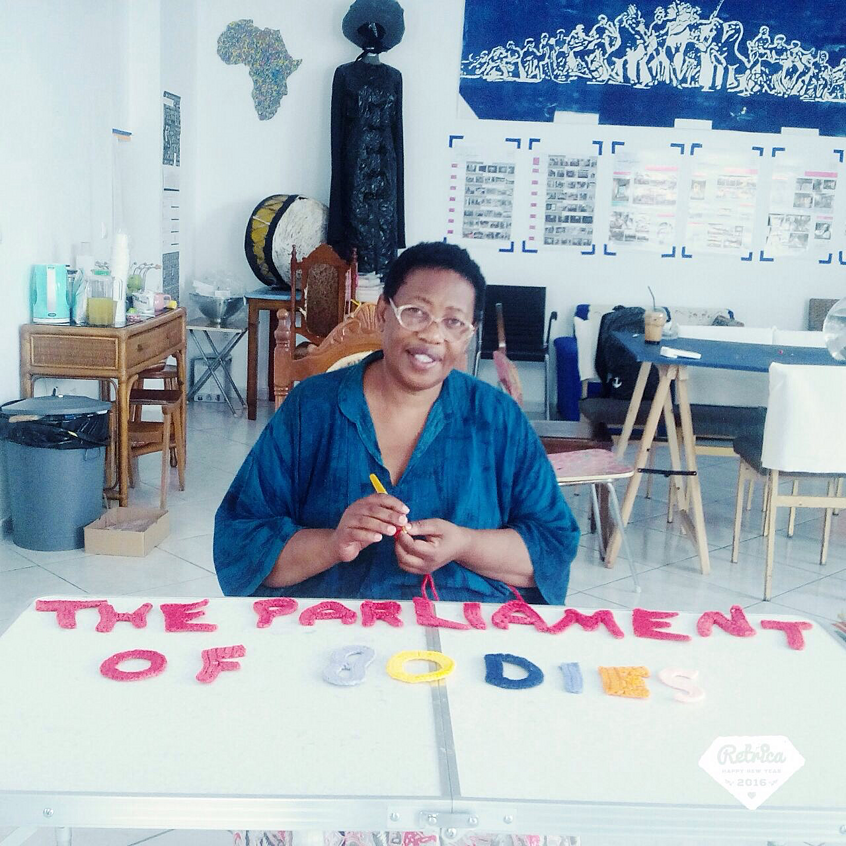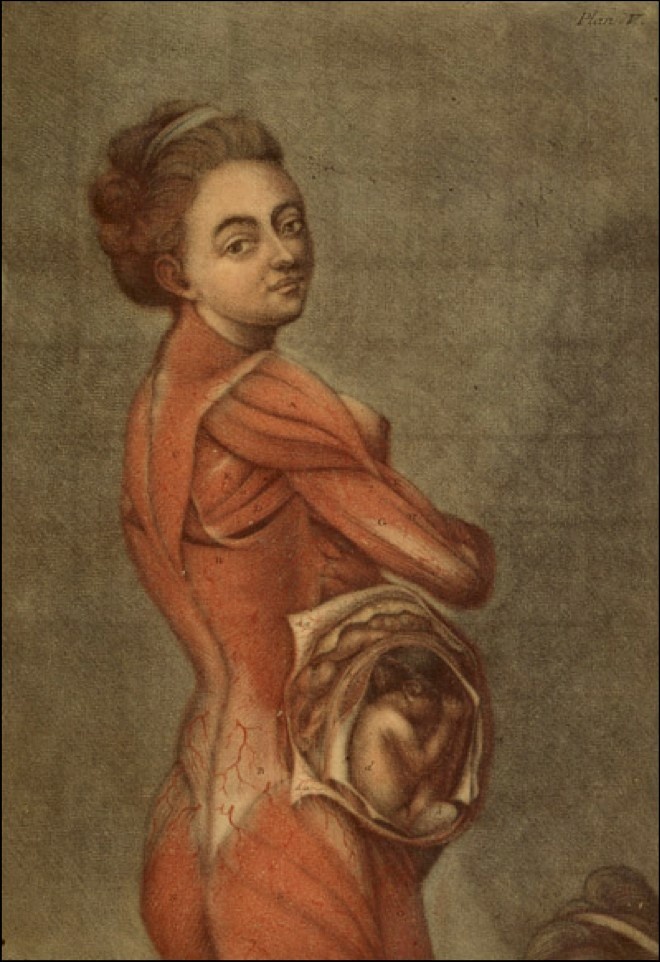Previous revolutionary theories thought that it was possible to live in unalienated conditions. However, the question of mediation and how we understand ourselves is being radically challenged today: technology accelerates certain forms of socialization but also shapes our interactions and the way we think; neuroscience challenges the notion of selfhood and computers know more about ourselves than we do. The concept of alienation is back, this time without its connotations of authenticity. What does it mean to be a subject in conditions of real subsumption when our most intimate details are being commodified (from our DNA to our choices and social relations on the internet)? Where is our room for agency? These questions are preliminary requisites in order to answer how we might develop a common idea of what emancipation means. Alienation is a helpful concept because it forces us to ask what is being alienated, what is producing alienation, and what can be done about it – which inevitably touches on the question of subjectivity. Answering this might help us better understand what is and could be a political subject today. Representative democracy produces its own forms of democratic alienation. The refugee crisis shows that it cannot deal on the national level politically, yet it is difficult to generate forms of collectivity strong enough to change the course of things. An ongoing tension occurs between the lack of vision for the future – which makes people return to questions of identity (such as race and nationality) – and an economic situation pushing more and more people to the limits. This is a time bomb, which urges questions of collectivity beyond identity and a reconsideration of the notion of universalism in opposition to the universal equivalent of money.
*This sentence comes from Samo Tomšič at the Historical Materialism Conference in Beirut, March 2017
Nadia Bou Ali is Assistant Professor at the Civilization Studies Program and the Sociology Anthropology Department at the American University of Beirut. She is currently completing a book entitled In the Hall of Mirrors on the intellectual history of liberalism in Arab thought (Edinburgh University Press, forthcoming 2017) and co-editing the volume Lacan contra Foucault: Subjectivity, Sex, and Politics (Bloomsbury Press, 2018). Her research and teaching interests revolve around: Arab Marxism, critical social theory, and psychoanalysis.
Ray Brassier obtained his PhD in philosophy from the University of Warwick in 2001. From 2002 to 2008 he was a Research Fellow at Middlesex University’s Centre for Research in Modern European Philosophy. Since 2008, he has been a member of the philosophy faculty at the American University of Beirut. He is the author of Nihil Unbound: Enlightenment and Extinction (Palgrave Macmillan, 2007) and the English translator of works by Alain Badiou and Quentin Meillassoux.
Dimitra Kotouza is a writer and researcher who lives in the UK. Her most recent and forthcoming published work is on racialized and gendered abjection and the psychic borders of identity in the crisis, the bio-policing of borders and sexuality under neoliberal governmentality (The Body of the Governed, Rowman and Littlefield, forthcoming 2018) new forms of labor activism (Journal of Labor and Society), the relationship between Greek movements and migrants (Beyond The Greek Crisis, PM Press), and the question of the overcoming of capitalist social forms, identities, and technologies under conditions of “real subsumption” (What Is to Be Done Under Real Subsumption, Mute Books). From 2011–15 she wrote her doctoral thesis (University of Kent), entitled Surplus Citizens, on the contradictions faced by social struggles in the Greek crisis and the fetishism of the nation-state. She is a member of the editorial collectives of the journals Mute and Endnotes, and since 2015 she has been an adjunct or fixed-term lecturer in various UK universities.
Mattin is an artist from Bilbao – currently living in Berlin – working with noise and improvisation. His work seeks to address the social and economic structures of experimental sonic and artistic production through live performance, recordings, and writing. Using a conceptual approach, he aims to question the nature and parameters of improvisation, specifically the relationship between the idea of “freedom” and the constant innovation that it traditionally implies, and the established conventions of improvisation as a genre. He is finishing a PhD at the University of the Basque Country under the supervision of Ray Brassier and Josu Rekalde. Along with Anthony Iles, he edited the book Noise & Capitalism (Arteleku Audiolab, 2009) and they are currently editing the forthcoming book What is to be Done Under Real Subsumption? In 2012, CAC Brétigny and Taumaturgia published Unconstituted Praxis, a book collecting his writing plus interviews and reviews from performances that he has been part of. Both books are available online. Mattin is taking part in documenta 14.




